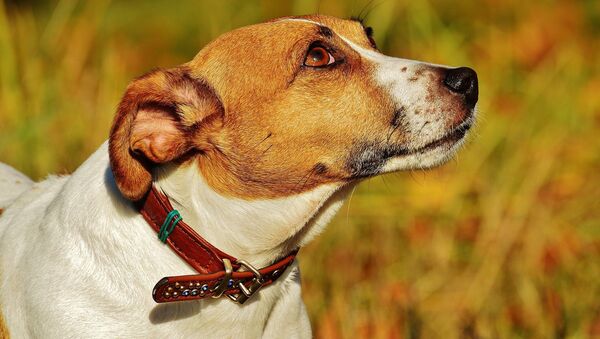Detecting nitrogenous compounds is said to be particularly helpful in diagnosing cancers of the prostate, ovaries and the abdomen. According to Vepsäläinen, ongoing research may help develop industrially manufactured and clinically applicable diagnostic tests, which could drastically speed up the identification of cancer or precancerous lesions. Here is where dogs, man's best friends, may step in with their keen sense of smell.
"We know with 99-percent certainty that we are on the right track. A dog's sense of smell is incredibly sensitive, up to 100,000 times more accurate than humans. There is a huge dimension of molecules a dog could smell," Vepsäläinen told Finnish national broadcaster Yle earlier.
"Anyone who knows how difficult early cancer detection is understands what an opportunity this is," associate professor Anna Hielm-Björkman of the University of Helsinki told the Finnish daily Hufvudstadsbladet. She also ventured that correct methods of identification may in the future pave the way for the development of an electronic device for odor detection.
Dexter on irti @MTVHuSu! Mitä syöpäkoira tekee, Pinja Hovi kertoo nyt @Maikkari:lla. pic.twitter.com/q4IX3pisVl
— Huomenta Suomi (@MTVHuSu) 18 декабря 2014 г.
Training dogs to detect cancer is a relatively new feat, yet it is growing in popularity across the globe. Dogs are able to distinguish several thousand of various odor sources, including potentially cancerous ones. In 2015, the adorable Finnish beagle Dexter effectively became the country's first cancer-sniffing dog.
Canine cancer detection relies upon the dogs' claimed olfactory ability to detect very low concentrations of the aromatic compounds generated by malignant tumors. While research across the world has yielded promising results, no verified studies have conclusively substantiated the validity of positive results.
Never miss a story again — sign up to our Telegram channel and we'll keep you up to speed!




